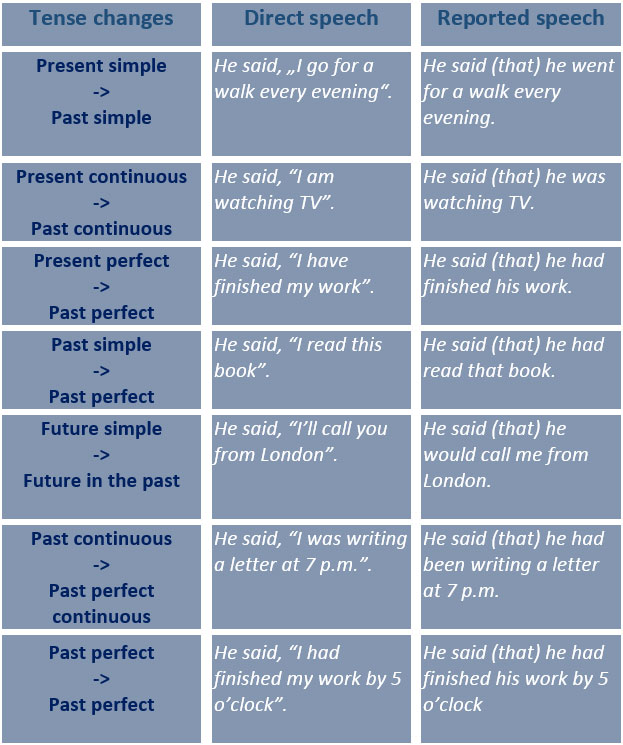


It can affect your speech, writing, and ability to understand language. We may feel pressure to answer right away, but ultimately, we should only speak when we are ready.ĭo you agree? I would like to hear what you think so leave a comment. But, please, don’t use any “ums.Aphasia is a communication disorder that makes it hard to use words. You may be amazed at how often you say “um” or “uh”!Īlthough we live in a fast-paced society that seemingly demands instant answers, we must use the pause to our advantage. You also could record an upcoming presentation and then watch yourself in action. If you need help overcoming your “um” problem, consider asking a co-worker, family member, or friend to point out when you use filler words. Can’t seem to shake the habit? Ask for help. I assure you that you will deliver more powerful responses and reduce your chance of using filler words if you give yourself time to think. It may feel unnatural to pause, especially since you have responded to questions right away for your entire life. It is important that you don’t begin speaking until you are ready. While you may be tempted to fill the silence between ideas with a filler word, remember to pause and give yourself a moment to think about what you want to say next. The same public speaking technique applies when you are transitioning from one idea to another. This pause serves two important purposes: it will help you begin powerfully, and it will help you avoid using a filler word. The next time you are asked a question, take a couple seconds to think about what you want to say. If you are not speaking, you can’t say “um”! Removing “um” from your vocabulary Armed with this information, it is easy to realize that the best way to avoid using filler words is to pause. In other words, you are verbalizing your thought process. When you use a filler word such as “um,” you are thinking verbally. The first hot spot would be the tab before the first paragraph, and the second hot spot would be the white space between the first and second paragraphs. You can think of these two “filler word hot spots” in the context of a two paragraph essay. Learn about our Business Communication graduate certificate Then when you are finished discussing your first idea, you may be tempted to use another filler word as you decide what to say next. You might say “um” or “uh” right away without even thinking. See what happens the next time you answer a question. There are two places where filler words commonly appear: at the beginning of a statement and in between ideas. In fact, they often detract from the listener’s ability to understand a particular message. But just because filler words are fairly common in everyday speech does not mean that they are useful. Some people argue that filler words serve an important purpose such as making a speaker sound more “natural” or “real.” In fact, Michael Erard wrote a book on this very subject. Consequently, we feel the urge to speak when spoken to.

When our mother or father asked us a question, we were sure to answer right away-either because we wanted to show respect or because we were afraid of what would happen if we didn’t answer. Why do we use filler words? The simplest answer is that we have been conditioned to answer questions immediately from an early age. Through practice and persistence, you can too. Powerful public speakers work hard to eliminate words such as “um,” “uh,” “well,” “so,” “you know,” “er,” and “like” from their vocabulary so that their listeners can focus solely on their message. It’s not “debt,” “deficit,” or “downturn.” It’s “um.”įiller words like “um” may seem natural in everyday speech, but they do not belong in formal presentations or speeches. After all, I know that I am going to hear one alarming word over and over again. It is difficult for me to watch political speeches.


 0 kommentar(er)
0 kommentar(er)
